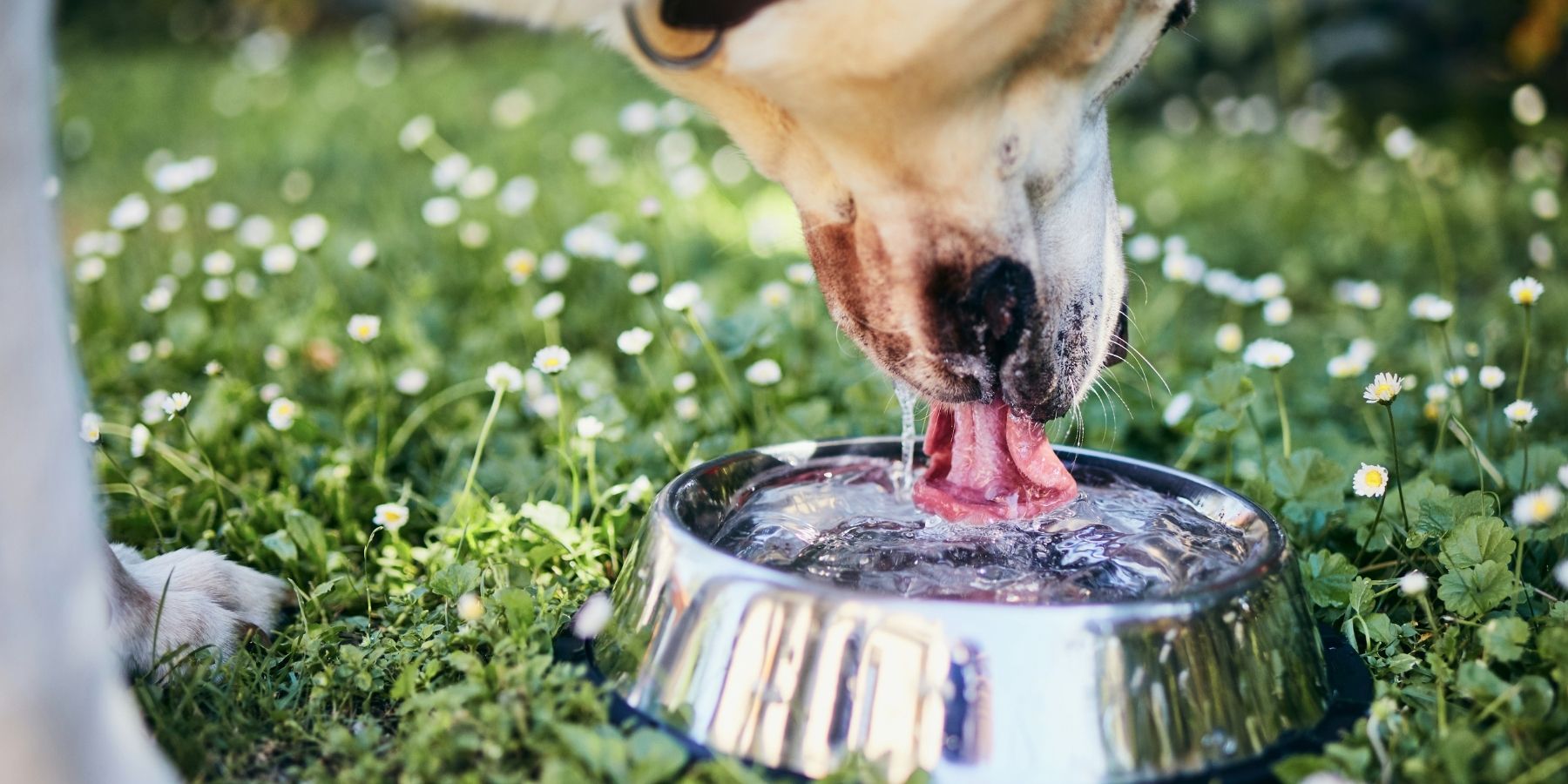As our beloved dogs age, their behaviors and needs can change. One such change that might cause concern for pet owners is an increased thirst. Understanding the reasons behind this behavior and how to respond is crucial for the well-being of your aging canine friend.
Understanding Increased Thirst in Aging Dogs
Normal Aging Process: As dogs grow older, their bodies undergo various changes. An increased thirst can be a normal part of aging. However, it is essential to monitor this change to ensure it's not indicative of an underlying health issue. Read and learn more information from the article Does your old dog drink a lot of water?
Diet and Activity: Changes in diet, especially if it includes more salty foods, can lead to increased thirst. Additionally, changes in their activity level might affect their hydration needs.
Medical Reasons Behind Excessive Thirst
Excessive thirst, known medically as polydipsia, can be a sign of various health issues. Some of these include:
Kidney Disease: Older dogs are at a higher risk of kidney disease, which often leads to increased water consumption.
Diabetes: Similar to humans, diabetes in dogs can cause excessive thirst and urination.
Liver Disease: Liver problems can also result in increased thirst.
These conditions require prompt veterinary attention to manage effectively.
Monitoring Your Dog’s Water Intake
How Much Is Too Much?: Generally, dogs should drink approximately one ounce of water per pound of body weight per day. Noticing a significant increase from this norm is a cue to pay closer attention.
Tracking Intake and Urination: Keep a daily log of your dog’s water intake and urination frequency. Changes in color and consistency of urine can also be telling.
When to Seek Veterinary Help
You should consult your veterinarian if you notice:
Sudden increases in thirst or urination
Changes in appetite or weight
Signs of discomfort or pain
Unusual lethargy or behavioral changes
Early detection and treatment of potential health issues can significantly improve outcomes for your dog.
FAQs
Q: What is a normal amount of water for an older dog to drink?
A: Typically, a healthy older dog should drink about one ounce of water per pound of body weight per day.
Q: Can medications affect my dog’s thirst?
A: Yes, certain medications can increase thirst. Always discuss side effects with your vet.
Q: Are some breeds more prone to conditions causing increased thirst?
A: Yes, some breeds may be more susceptible to diseases like diabetes or kidney issues. Consult your vet for breed-specific advice.
Caring for an aging dog involves being attentive to their changing needs. Recognizing and understanding the reasons behind increased water consumption is essential in ensuring your senior dog remains healthy and comfortable. Regular veterinary check-ups and being vigilant about changes in their behavior and physical condition are key to providing the best care for your aging companion.


